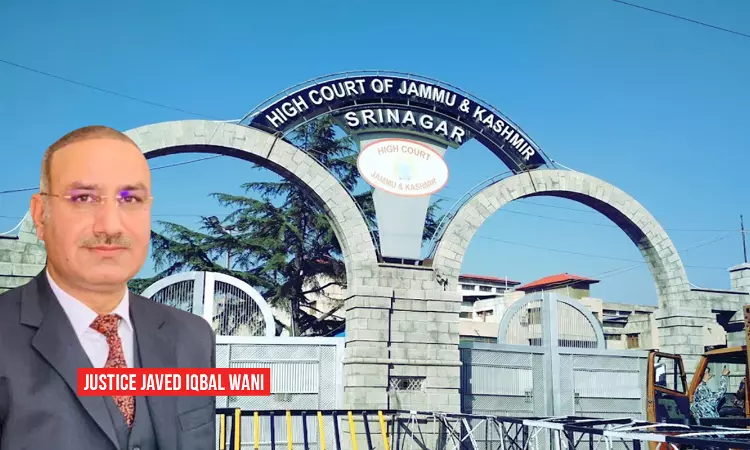"Attempt To Wreak Vengeance, Divert From Core Issues": J&K High Court Quashes Defamation Complaint
LIVELAW NEWS NETWORK
29 Oct 2024 11:18 AM IST

Next Story
29 Oct 2024 11:18 AM IST
Quashing a defamation complaint, citing the improper use of judicial processes for personal vendetta the Jammu and Kashmir and Ladakh High Court has highlighted that judicial mechanisms cannot be exploited to satisfy personal egos or to pursue vengeance.A bench of Justice Javed Iqbal Wani added that the filing of the impugned complaint amounted to a misuse of the judicial process, undermining...
